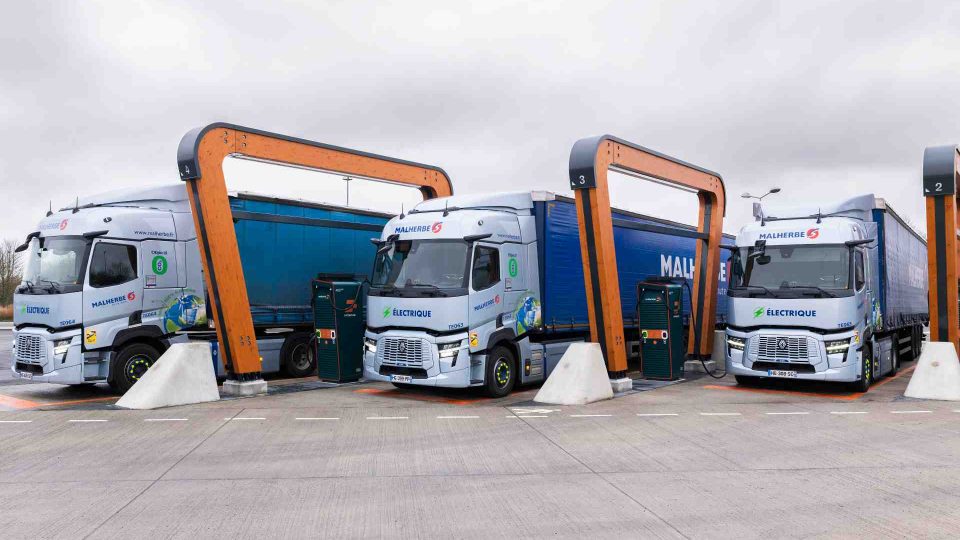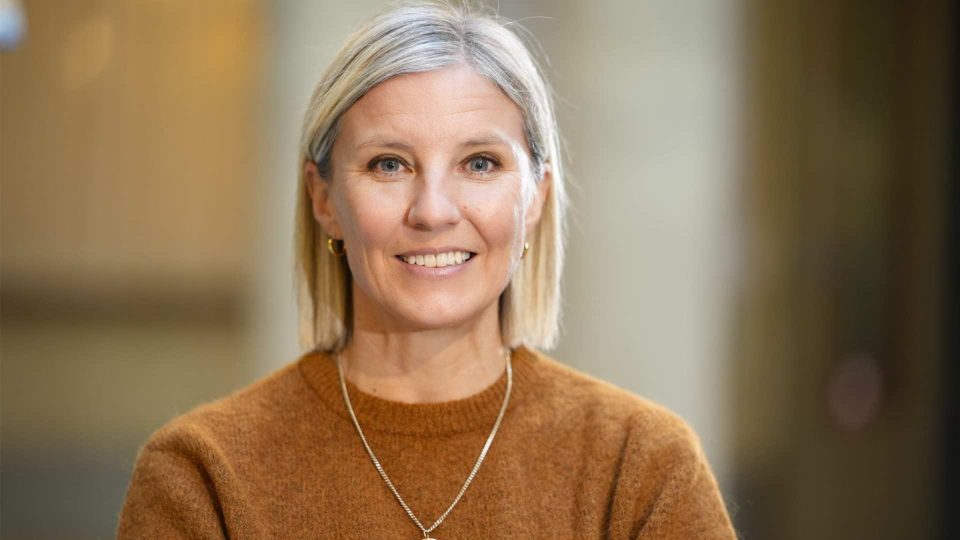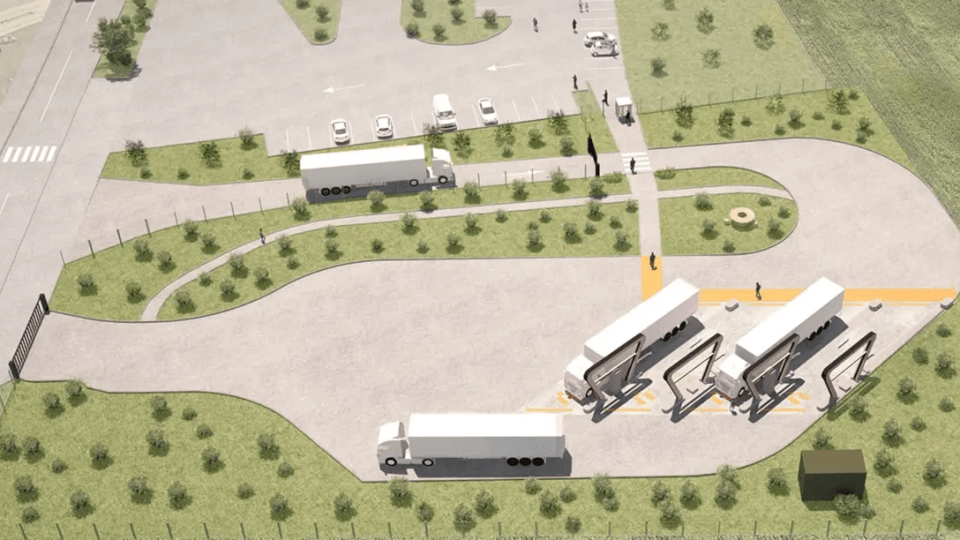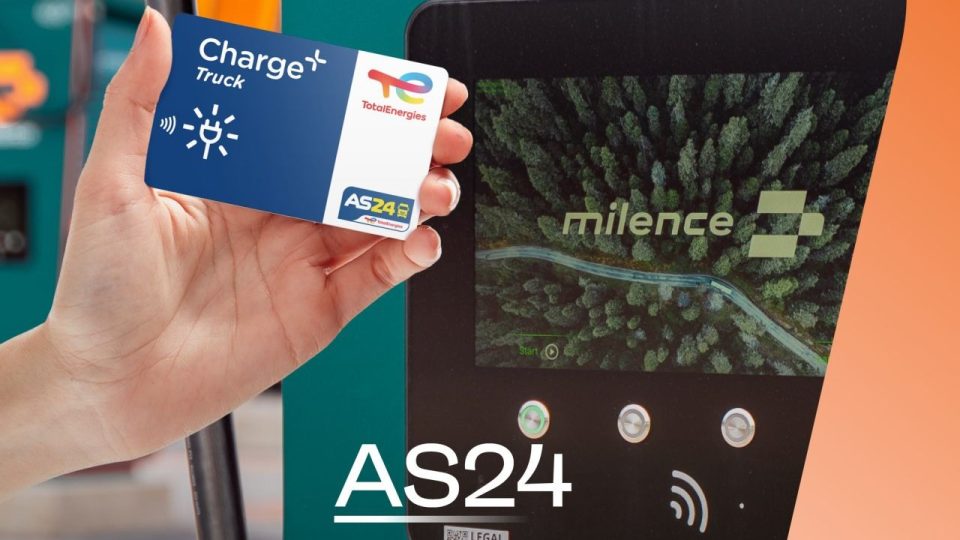Cutting-edge robotic technology for autonomous charging systems. Interview with Rocsys’ CEO Crijn Bouman
«What we want to do is integrating the charging process into professional operation. We might say that charging should not be a headache for fleet owners», told us Rocsys's CEO Crijn Bouman.
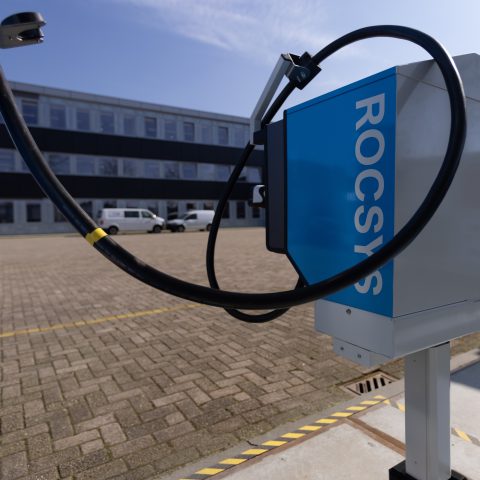
The uptake of sustainable transport can be truly boosted by autonomous charging solutions. Rocsys, a young but very interesting and fast-growing Dutch founded company, believes this is one of the enablers for the transition to zero-emission vehicles, either trucks, buses or passenger cars. The company’s focus is on developing automated charging solutions based on robotic technology.
«Our focus is on fleet owners, who have large fleets and really care on aspects such as reliability and predictability», says CEO Crijn Bouman, among the founders of the company. «What we want to do is integrating the charging process into professional operation. We might say that charging should not be a headache for fleet owners. In addition, the charging operation may be seen as a small task but it’s quite a big responsibility because possible mistakes may cause big trouble. Our system helps preventing human mistakes by automating the process, where we go for 100 percent reliability».
Our system is fully compatible and can be installed with all the major infrastructure made some of the major companies globally, without modifying the equipment. Next year we’re expected to go into some real fleet operations
Rocsys’ CEO Crijn Bouman
Rocsys’ autonomous charging
How does the Rocsys solution works?
«Basically, we automate the standard connectors on the vehicle, so the CCS. The technology we use comes from robotics and artificial intelligence, with the robotic arm simulating the action of human beings and the navigation based on computer vision. Besides, a tactile feedback mechanism ‘feels’ if the connector is properly aligned and then pushes the connector. We do not use standard industrial robots, but rather special developed robotized technology equipped with technology derived from the academic background of artificial muscles and capable to adjust according to the little movements of the vehicle to be charged.
Another key aspect of our solution is safety, as it is possible to measure the force and adjust it to the task. Mechanical safety is also required for certification, of course».

Who are your potential customers?
«At the moment, we’re focused on the OEMs, because fleet owners buy the vehicles combined with their charging infrastructure. We’re also talking to charging infrastructure manufacturers. Our system is fully compatible and can be installed with all the major infrastructure made some of the major companies globally, without modifying the equipment. Next year we’re expected to go into some real fleet operations».
We’ve heard about the opening of new HQs in the Netherlands as well as an office in the US. What does it mean in terms of company growth?
«We’re growing very fast, hiring people every 2-3 weeks. Our new HQs in the Netherlands have a lot of space for R&D. Also, we’ve got a lot of interest coming from the US, so we needed to support them and that’s why we decided to open a branch office in Portland, Oregon».
Rocsys for bus and truck fleets
Rocsys’ products are addressed to both bus and truck fleets. Which are the main differences between these two sectors in terms of customer requirements?
«As for trucks, charging requirements are higher in terms of power needed. In the bus sector, there are depots with more vehicles in one place. We see basically two use cases: what we call an opportunity charging case, with the need of charging somewhere on the route, which is true more for buses than for trucks at the moment. The second use case is the depot overnight charging. For trucks, the latter can happen at the distribution centers or sometimes at separate parking places.
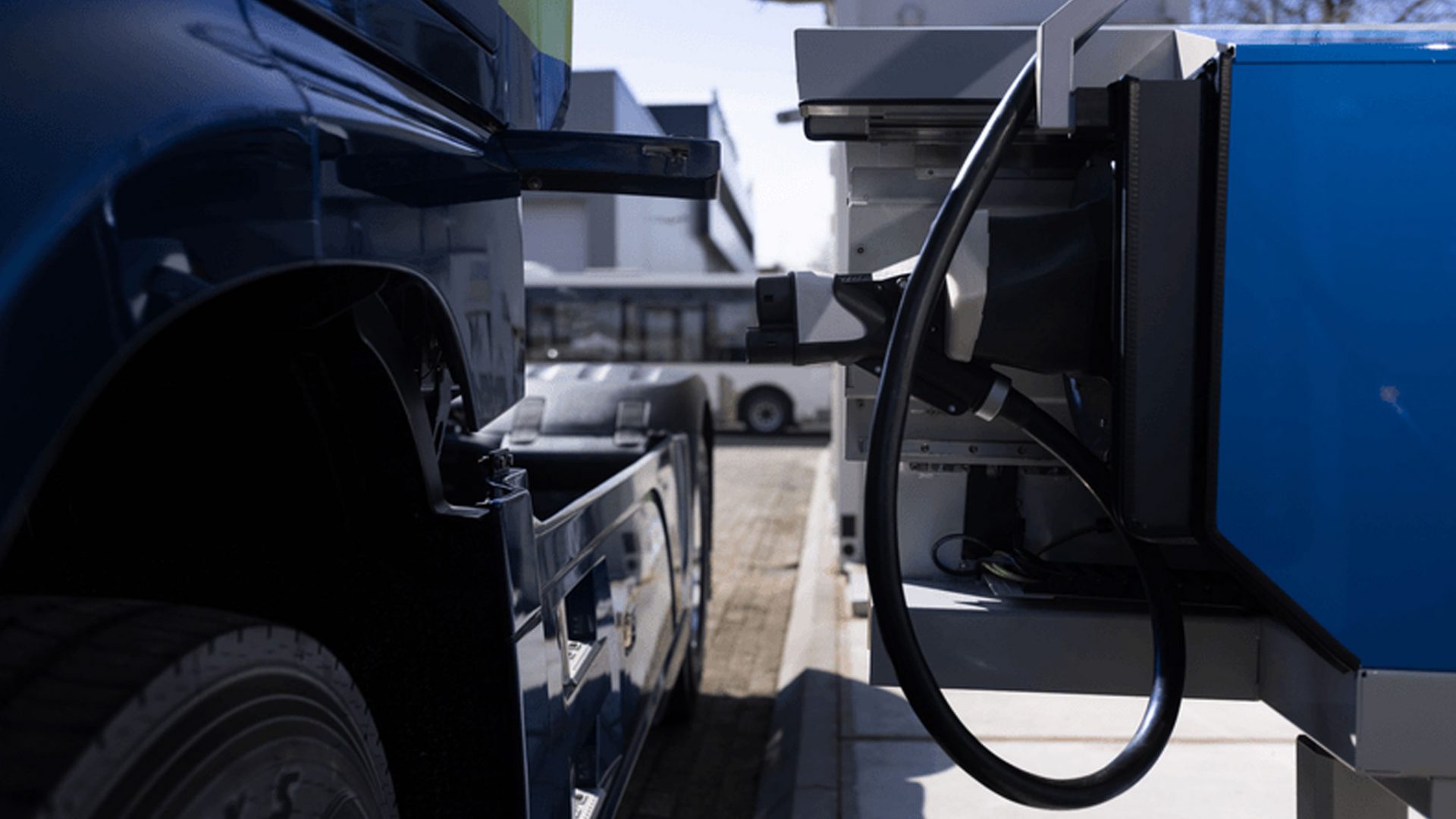
Anyway, the market is quite complex and from customer to customer we’ve seen very different situations and scenarios. Applications are not very homogeneous and we try to set technology is a very flexible way, so to be able to solve the problems of every potential customer. Our approach starts with consultancy, basically.
I would say that the e-bus sector is almost mature, really scaling up very fast, while the e-truck sector is currently in early stage, with significant growth potential».
I can definitely see some interest coming from the sector, especially talking about a new technology called MCS (Megawatt charging standard) ensured by a new connector developed especially for the truck business
Rocsys’ CEO Crijn Bouman
What about installation and customization of Rocsys’ autonomous charging solution?
«Installation may be different, as well as the requirements in terms of power levels. The most required customizations deal with the type of cables, or rather in the software for the plug-in speed that depends on the requirements of the vehicle. Also, the integration on the location might actually change from customer to customer, but it is very simple: we can mount the system on a pole, it can be wall-mounted or even suspended from a roof, just to give an idea».
Have you had business relationships with truck fleet owners or OEMs? Can we mention some of them?
«We have some relationships with some primary OEMs, even though they’re still on an early stage. I can definitely see some interest coming from the sector, especially talking about a new technology called MCS (Megawatt charging standard) ensured by a new connector developed especially for the truck business. The latter is very promising for the future, even though the connector will not be released before next year».
What’s your opinion on the future of electric trucks?
«Battery technology is developing incredibly fast and I think there’s the chance to have, in the future, nearly 90 percent of trucks turning to electric. At the same time, we believe hydrogen will only be used on really long distances, so we’re not focusing on this technology at the moment».



